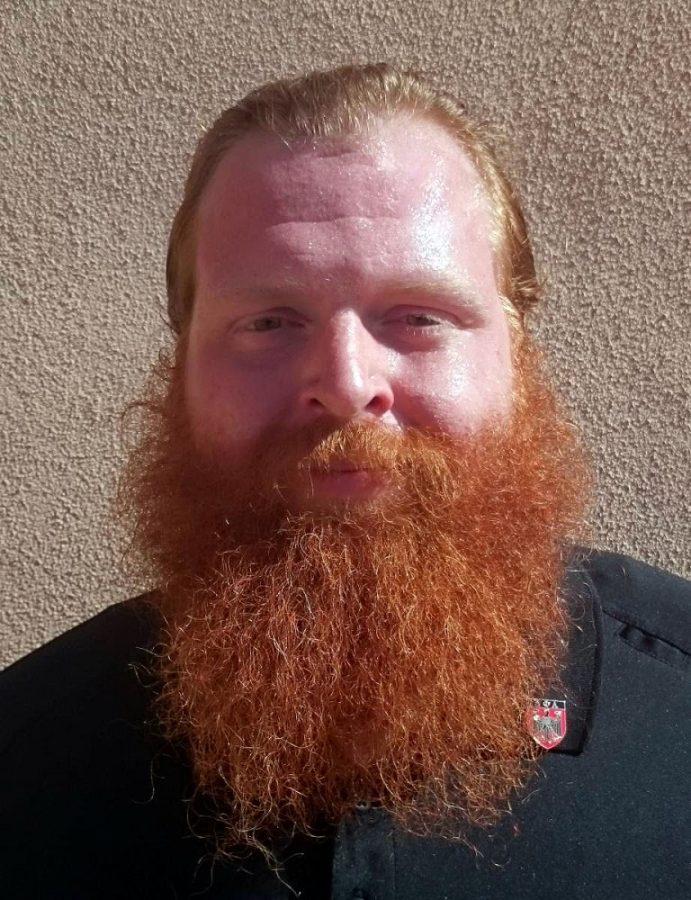University students can find a myriad of interesting and dynamic opportunities for addressing the crucial subject of human rights. We find it disconcerting, though, that several American colleges and universities have been platforms for proposals, now echoed by a small cohort of UA faculty, to boycott, divest and sanction the state of Israel and Israeli society. As UA President Ann Weaver Hart has officially noted, academic boycotts run contrary to the free flow of ideas that is basic to academic freedom. In particular, BDS is discriminatory because it seeks to limit the free expression of Israelis (Arabs, Jews and others), and only them. Notably, it seeks to do this at a time of massive human rights violations across the world to which the BDS advocates pay comparatively little, if any, attention. Indeed, the BDS approach only inflames conflict and does nothing to illuminate the thorny and complex dilemmas that undergird conflict. As a prominent supporter of BDS as a tactic has noted, many BDS proponents are not really trying to bolster anyone’s human rights. Rather, they are trying to politically disempower Israeli Jews.
One alternative to limiting the free exchange of ideas, entrenching the regional conflict to which Israel is a party and seeking to disempower a people is exploring what Israel and Jewish culture are all about, in their multilayered, multiethnic and multireligious complexity. A key to this alternative is learning about Jews and Israel from experts (of various political leanings) in those subjects. Experiencing Israeli society firsthand as students in cosmopolitan Israeli institutions offers a unique, close-up view as well. Such an exploration can go a long way toward fostering a nuanced understanding and expose students to a wide array of relevant voices — especially to the voices of those Jews and Arabs who have a direct stake in Israel’s functioning (and malfunctioning) as a democratic society and political community.
Numerous study abroad programs — including one sponsored and run by the UA — exist in order to realize that very alternative. The Arizona Center for Judaic Studies supports students who wish to study in Israel and neighboring countries, as well as those who wish to undertake internships at Israeli businesses, nongovernmental organizations and other private and public entities for academic credit. Unlike the proponents of BDS, and as scholars of Israel and Judaica, we do not see our role as that of advocates or detractors of any society, regime or political cause, let alone of Israel and of Zionism. Our primary interest is in understanding Jewish culture. We want to know how, like all cultures, Jewish civilization, one of the oldest and most diverse in the world, is put together; how it changes; how it can (and sometimes has) come undone; how it addresses various challenges; how it interacts with other cultures; how others interact with it; and how human beings make sense of it all. We try hard not to conflate political advocacy and analysis, much less allow our political, moral and aesthetic values to dominate our scholarship. Political orthodoxy and the free pursuit of knowledge are incompatible. Universities should be places in which scholars inspire students to cultivate the latter, and not the former.
— David Graizbord, associate professor of Judaic studies, and Leonard Hammer, visiting professor of Israel studies











